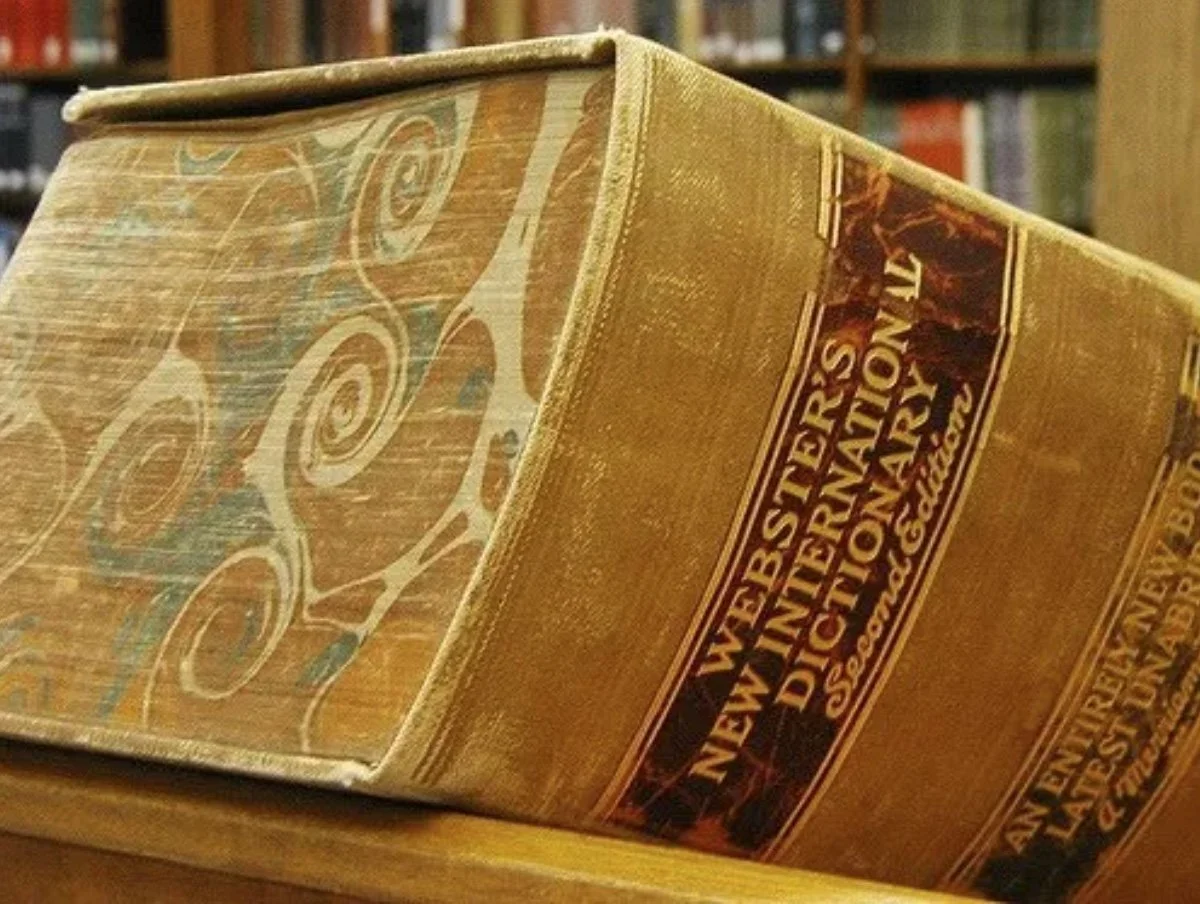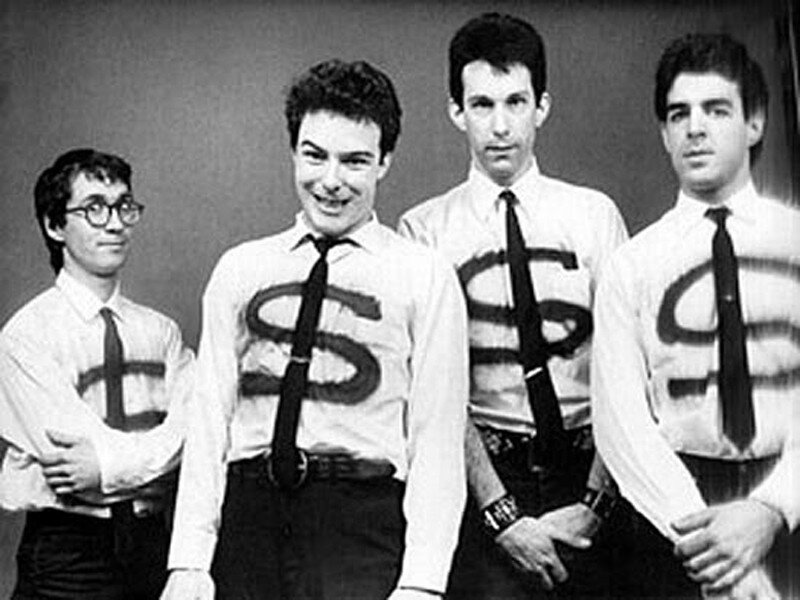Word of the week: First appearing in English in the mid-17th century, meaning “a foot and a half long”, it’s a noun identifying words with multiple syllables, or an often derogatory adjective for a person with a tendency to use overlong words
Read moreWord of the week: sesquipedalian
This week’s word might involve a fat dictionary











